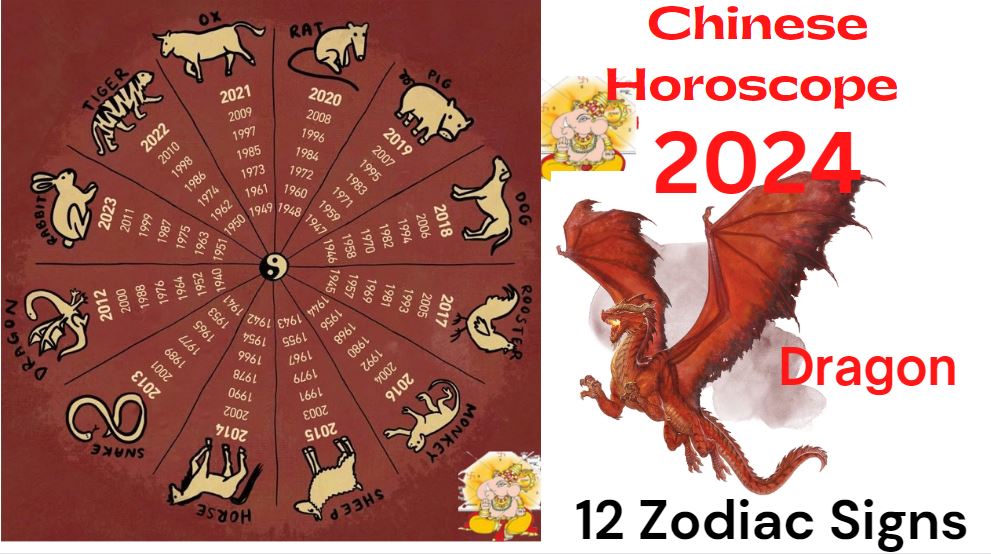Trade War Weighs Heavily On Dutch Stocks, Causing Further Decline

Table of Contents
Impact of Tariffs on Dutch Exports
The trade war's impact on Dutch exports is substantial, particularly affecting sectors heavily reliant on international trade.
Export-Oriented Sectors Hit Hardest
Dutch companies in several export-oriented sectors are feeling the pinch. Agriculture, a cornerstone of the Dutch economy, is particularly vulnerable. The horticultural sector, famed for its flowers and high-value plants, faces significant challenges due to increased tariffs imposed by key trading partners. Similarly, the manufacturing sector, encompassing machinery, chemicals, and precision engineering, is experiencing reduced demand and profitability. The technology sector, while innovative, is also susceptible to disruptions in global supply chains and reduced international orders.
- Specific Companies Affected: While pinpointing exact losses for individual companies requires proprietary data, anecdotal evidence suggests that many smaller and medium-sized enterprises (SMEs) in these sectors are facing considerable difficulties. Larger companies are also reporting reduced export volumes and profit margins.
- Quantifiable Losses: Estimates suggest a double-digit percentage drop in exports for certain sectors, though precise figures are difficult to obtain given the complex nature of global trade flows. The Netherlands Bureau for Economic Policy Analysis (CPB) is currently evaluating the overall impact and projections are expected soon.
- Specific Tariffs: Tariffs imposed by the US and other trading partners on Dutch agricultural products and manufactured goods are major contributors to this decline. These tariffs increase the cost of Dutch products in the global market, making them less competitive compared to domestically produced alternatives.
Reduced Global Demand
Beyond specific tariffs, the trade war is creating a climate of uncertainty that reduces overall global demand. Businesses are hesitant to invest and expand when faced with volatile market conditions and unpredictable trade policies. This reduced demand has a ripple effect, impacting not only export-oriented businesses but also those further down the supply chain.
- Ripple Effect: Reduced orders from overseas impact not just manufacturers but also suppliers, logistics companies, and related service providers.
- Potential Job Losses: The decrease in export orders and overall economic slowdown caused by the trade war poses a serious threat to employment in affected sectors. Estimates on job losses are difficult to project accurately but a general concern exists.
Investor Sentiment and Market Volatility
The uncertainty surrounding the trade war has significantly impacted investor sentiment and increased market volatility in the Netherlands.
Decreased Investor Confidence
The ongoing trade disputes have eroded investor confidence in Dutch stocks. The fear of further tariff escalation and reduced corporate earnings is driving investors to seek safer investment options, causing a decline in stock prices.
- AEX Index Performance: The AEX index, the main stock market index for the Amsterdam Exchange, reflects this decline, showing a noticeable downturn correlated with the escalation of trade tensions.
- Impact on Foreign Investment: The uncertainty is discouraging foreign direct investment in the Netherlands, further impacting economic growth and stock market performance.
Increased Market Volatility
News related to the trade war introduces significant volatility into the Dutch stock market. Rapid shifts in investor sentiment and speculation about future trade policies lead to significant price swings.
- Market Volatility Charts: Charts showing the AEX index's volatility in recent periods would clearly illustrate the increased uncertainty linked to trade war headlines.
- Impact on Investment Strategies: This volatility makes it challenging for both short-term and long-term investors to make informed decisions, requiring more cautious and adaptive strategies.
Government Response and Mitigation Strategies
The Dutch government has implemented several measures to support businesses and mitigate the negative impacts of the trade war.
Government Measures to Support Businesses
The Dutch government is actively working to lessen the blow to its businesses, but the scope of the problem remains significant.
- Financial Aid Packages: Specific financial aid packages and support schemes are being developed to help businesses cope with the decreased demand and increased costs associated with the trade war.
- Tax Breaks and Export Support: The government is exploring tax breaks and export support programs to incentivize companies to maintain their international trade activities and explore new markets.
- Effectiveness Assessment: The effectiveness of these measures will depend on their scale, accessibility, and the duration of the trade war itself.
Negotiation Efforts
The Netherlands, as a member of the European Union, is actively involved in international trade negotiations aimed at resolving trade disputes and de-escalating trade tensions.
- Diplomatic Efforts: The government is actively participating in diplomatic efforts to find mutually beneficial solutions and reduce trade barriers.
- Future Trade Agreements: The Dutch government is actively working on securing new trade agreements to diversify export markets and reduce dependence on countries currently involved in trade disputes.
Future Outlook for Dutch Stocks
The future outlook for Dutch stocks hinges largely on the resolution (or escalation) of the ongoing trade war.
Potential Scenarios
Several scenarios are possible, each with distinct implications for the Dutch stock market.
- Optimistic Scenario: A de-escalation of trade tensions, leading to a resumption of normal trade relations, would likely lead to a recovery in Dutch stock prices.
- Pessimistic Scenario: Further escalation of trade disputes could trigger a more severe decline in the Dutch stock market, leading to increased economic hardship.
Financial analysts offer varying forecasts, reflecting the inherent uncertainty surrounding the trade war’s future trajectory.
Investment Strategies
Given the uncertainty, investors should adopt a cautious and diversified approach.
- Diversification: Diversifying investment portfolios across different asset classes and geographic regions can help mitigate the risks associated with the trade war's impact on Dutch stocks.
Conclusion
The trade war presents a significant challenge to the Dutch economy and its stock market. The decreased exports, investor uncertainty, and increased market volatility highlight the interconnected nature of global trade. The key takeaway is that the impact of this global issue requires careful monitoring and adaptive investment strategies. Stay informed about the evolving trade landscape and its effect on Dutch stocks. Monitor key economic indicators like the AEX index and consider diversifying your investment portfolio to mitigate risks associated with the ongoing trade war affecting Dutch stocks.

Featured Posts
-
 Co Hosts Address Today Show Anchors Extended Absence
May 24, 2025
Co Hosts Address Today Show Anchors Extended Absence
May 24, 2025 -
 Us Regulatory Shift Sends Bitcoin To New Record High
May 24, 2025
Us Regulatory Shift Sends Bitcoin To New Record High
May 24, 2025 -
 U S Penny Phase Out No More Pennies In Circulation By Early 2026
May 24, 2025
U S Penny Phase Out No More Pennies In Circulation By Early 2026
May 24, 2025 -
 The Ultimate Guide To Escaping To The Country
May 24, 2025
The Ultimate Guide To Escaping To The Country
May 24, 2025 -
 March 20 2025 Top 5 Zodiac Signs With Strong Horoscopes
May 24, 2025
March 20 2025 Top 5 Zodiac Signs With Strong Horoscopes
May 24, 2025
